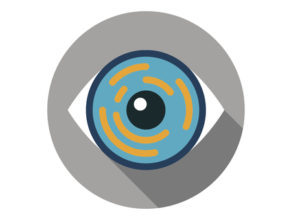
“In addition to being effective, Iris ID’s technology was also found to be highly efficient.”
Various stakeholders are celebrating the successful use of iris recognition technology in Somaliland’s recent presidential election.
Authorities used technology provided by Iris ID to register voters ahead of the November election, and to weed out duplicates. Now, Somaliland Press reports that experts believe that the system was able to detect as many as 30,000 duplicates during that process. This was a critical issue for Somaliland, which has been seeking to establish credibility for its democratic processes since it declared independence from Somalia in 1991.
In addition to being effective, Iris ID’s technology was also found to be highly efficient. One consultant for the National Electoral Commission has asserted that compared to fingerprint-based registration, iris recognition enabled authorities to halve the time it takes for voter registration.
All of this is, of course, good news for Iris ID as well, with VP Mohammed Murad proclaiming that his firm’s technology has given Somaliland “the most sophisticated voter registration system in Africa – really anywhere in the world.” As such, Somaliland’s example could offer a powerful test case for various other governments around the world seeking to move to biometric elections as a means of protecting democracy while improving efficiency.




























